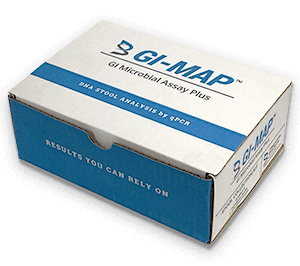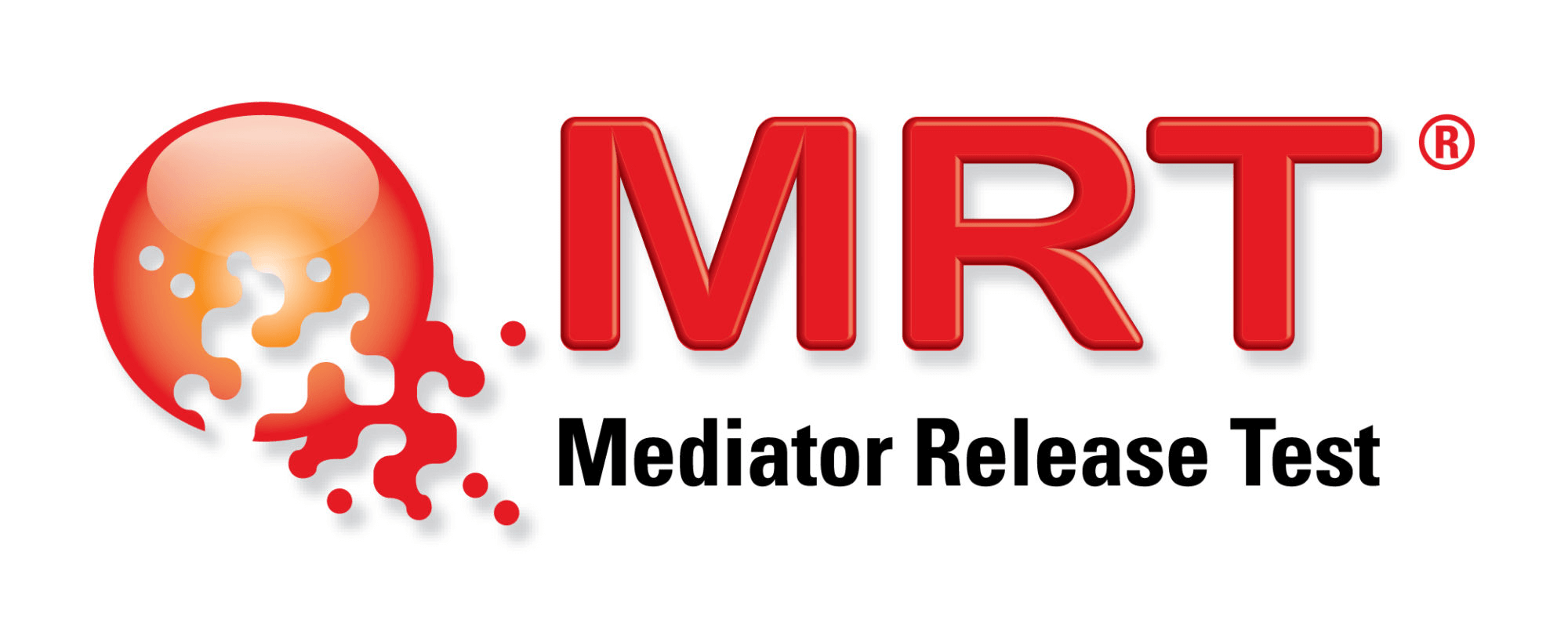Angela Anderson
Dysbiosis
Understanding Dysbiosis: Imbalance in the Gut Microbiota
Dysbiosis refers to an imbalance in the microbial communities that inhabit the gastrointestinal tract, particularly in the gut. The gut microbiota, composed of trillions of microorganisms including bacteria, fungi, viruses, and archaea, plays a crucial role in maintaining various aspects of human health, including digestion, metabolism, immunity, and even neurological function. When this delicate balance is disrupted, dysbiosis can occur, leading to a range of health problems.
Causes of Dysbiosis:
- Dietary Factors: Consumption of a diet high in processed foods, sugar, artificial additives, and low in fiber can disrupt the gut microbiota composition, favoring the growth of pathogenic bacteria and fungi.
- Medications: Antibiotics, proton pump inhibitors (PPIs), nonsteroidal anti-inflammatory drugs (NSAIDs), and other medications can alter the gut microbiota by killing beneficial bacteria or suppressing their growth.
- **Stress:** Chronic stress can influence gut motility, gastric acid secretion, and immune function, thereby affecting the composition of the gut microbiota.
- Infections: Bacterial, viral, fungal, or parasitic infections can disrupt the balance of the gut microbiota, leading to dysbiosis.
- Environmental Factors: Exposure to pollutants, toxins, pesticides, and other environmental contaminants can impact the gut microbiota composition and function.
- Lifestyle Factors: Factors such as lack of physical activity, disrupted sleep patterns, and alcohol consumption can also contribute to dysbiosis.
- Medical Conditions: Certain medical conditions, such as inflammatory bowel disease (IBD), irritable bowel syndrome (IBS), celiac disease, and metabolic disorders, are associated with dysbiosis.
- Age: Aging is also associated with changes in the gut microbiota composition, which may contribute to dysbiosis.
Symptoms of Dysbiosis:
- Digestive Symptoms: Bloating, gas, abdominal pain, diarrhea, constipation, and irregular bowel movements are common symptoms of dysbiosis.
- Immune Dysfunction: Dysbiosis can weaken the immune system, leading to increased susceptibility to infections, allergies, and autoimmune conditions.
- Metabolic Disturbances: Dysbiosis may affect metabolism, leading to weight gain or difficulty losing weight, insulin resistance, and other metabolic disorders.
- Mental Health Issues: Alterations in the gut microbiota have been linked to mood disorders, such as depression, anxiety, and cognitive impairment.
- Skin Problems: Dysbiosis may manifest as skin conditions like acne, eczema, psoriasis, or fungal infections.
- Fatigue and Malaise: Chronic fatigue, low energy levels, and general feelings of malaise may be associated with dysbiosis.
Management of Dysbiosis:
- Dietary Modifications: Adopting a diet rich in whole foods, fiber, prebiotics, and probiotics can help restore balance to the gut microbiota.
- Probiotics and Prebiotics: Probiotic supplements containing beneficial bacteria strains and prebiotic fibers that nourish gut bacteria can support gut health.
- Lifestyle Changes: Managing stress, getting regular exercise, improving sleep quality, and reducing alcohol and tobacco consumption can promote a healthy gut microbiota.
- Avoidance of Triggers: Limiting exposure to medications, environmental toxins, and other factors known to disrupt the gut microbiota can help prevent dysbiosis.
- Medical Treatment: In cases of severe dysbiosis or underlying medical conditions, medical intervention such as antibiotic therapy, fecal microbiota transplantation (FMT), or other treatments may be necessary.
Dysbiosis is a complex condition influenced by various factors, including diet, medications, stress, and environmental exposures. By understanding the causes and symptoms of dysbiosis and implementing appropriate lifestyle changes and treatments, it is possible to restore balance to the gut microbiota and promote overall health and well-being. Consulting with a healthcare professional is recommended for personalized assessment and management of dysbiosis.

Dietary Considerations
1. Consider eliminating high fat, highly processed foods, sugar, artificial additives
2. Consider increasing fiber
3. Probiotic rich foods
4. Prebiotic rich foods
Lifestyle Considerations
1. Regular Exercise
2. Prioritize Sleep
3. Manage Stress

Effective management of Dysbiosis involves a comprehensive approach that includes lifestyle changes, dietary adjustments, adequate hydration, and supplementation. Underlying causes must be identified and addressed through tailored treatment plans to improve symptoms and overall quality of life. Consulting with healthcare professionals is essential to receive a proper diagnosis and personalized treatment recommendations.
Functional Testing for Dysbiosis

Functional Diagnostic Nutrition Package
A comprehensive health assessment
Comprehensive Stool Testing is part of the FDN recommended assessment package.
Why Dragonfly Holistic Coaching?
Personalized Care
When it comes to addressing health complications, the notion of a "one-size-fits-all" solution is not just ineffective, it's potentially counterproductive. Each individual is a unique tapestry of genetics, lifestyle choices, dietary habits, and environmental exposures, making them biochemically distinct. This means that a health approach which yields positive results for one person could prove ineffective, or even detrimental, for another. Functional wellness modalities stand out by embracing this diversity; recognizing that true healthcare must be deeply personalized. By considering an individual's entire well-being, factoring in genetics, diet, lifestyle, and environmental influences, functional wellness crafts solutions tailored to each person's unique needs. This bespoke approach ensures that each individual receives the most effective and appropriate care, underscoring the fact that in the realm of health, there really is no such thing as a universal solution. When I sign a contract with a client, I will work tirelessly by your side until we are able to identify the root cause of your health challenges and develop a sistainable way forward.
Information courtesy of Angela Anderson
Functional Diagnostic Nutrition® health coaches do not diagnose, treat, prevent, or cure any
disease or condition. Nothing we share with our clients is intended to substitute for the advice,
treatment or diagnosis of a qualified licensed physician. Functional Diagnostic Nutrition® (FDN)
Practitioners may not make any medical diagnoses or claim, nor substitute for your personal
physician’s care. It is the role of a Functional Diagnostic Nutrition® Practitioner to partner with
their clients to provide ongoing support and accountability in an opt-in model of self-care and
should be done under the supervision of a licensed physician.







